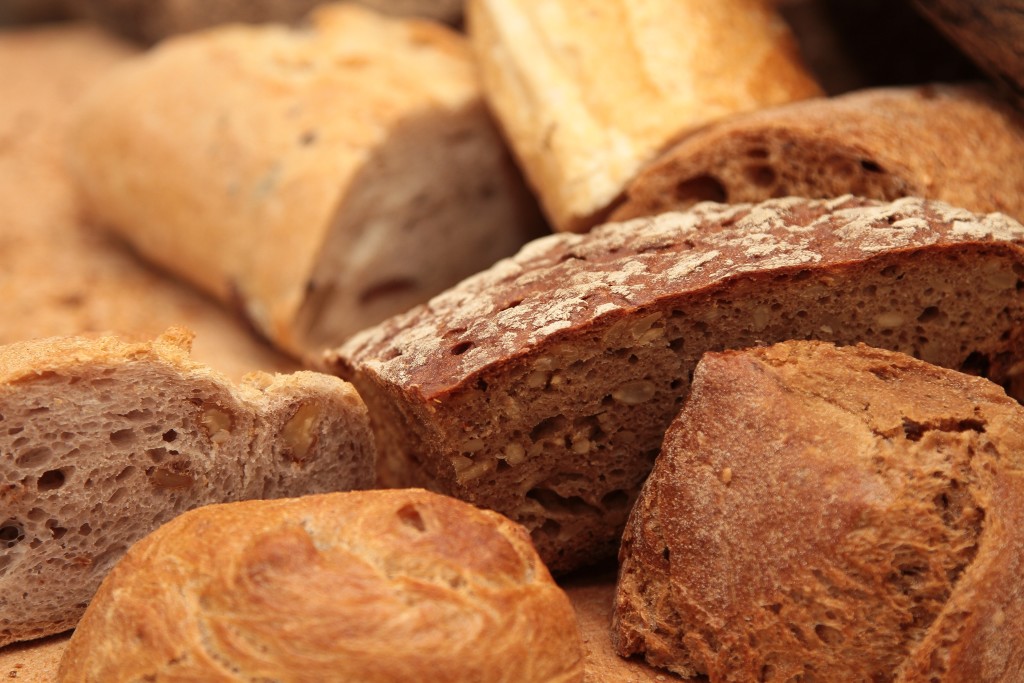A growing number of people are choosing to adopt a gluten-free diet, but what is gluten and how can changing your diet improve your health?
What is gluten?
We often hear about gluten-free foods, but what exactly is gluten and why is it so harmful to so many people? Gluten is a protein, which is found in flour and other grains. Some people have an intolerance to gluten, which causes them to experience symptoms when they eat foods, which contain gluten. To the vast majority of people, gluten is harmless. However, if you have digestive conditions, or you suffer from coeliac disease, you should follow a gluten-free diet.
What are the symptoms of gluten intolerance?
Symptoms vary according to the nature of the digestive issues and the individual. However, common symptoms include:
- Diarrhea
- Bloating
- Constipation
- Stomach pains and cramps
- Changes in body weight
- Skin irritation and rashes
If you experience these symptoms on a regular basis, you may wish to keep a food diary to see if you have a specific allergy or an intolerance. See your doctor if symptoms persist or get worse. If there is a chance that you have coeliac disease, or an underlying digestive disorder, you will be sent for tests. Examples of chronic conditions include ulcerative colitis and Crohn’s disease. If test results show that there are problems, your doctor will explain the findings and discuss treatment options with you. It’s understandable to have questions, such as ‘what is ulcerative colitis?’, so don’t be afraid to ask your doctor.

Gluten-free foods
There is an increasingly varied selection of gluten-free products on offer in stores and cafes today. You can buy foods, which are clearly marked with gluten-free labeling. Details of all allergens should be highlighted in the nutritional information section of all products. Look out for foods, which contain wheat and flour, and always double check when ordering at restaurants. Often, foods, which you wouldn’t think would be troublesome, can actually harbor gluten. Alcoholic drinks can be a minefield, so always ask the bartender to check the ingredients. If you are unable to break down and digest gluten, your doctor will give you advice and information to help you plan your diet. You can also work with a nutritionist to draw up a list of healthy meals and snacks.
Often, you can adapt your normal diet by buying gluten-free versions of your favorite foods. You can find gluten-free pasta in most large supermarkets, for example. There are also lots of foods, which are naturally gluten-free, such as rice, eggs, meat and potatoes. If you’re struggling for inspiration, there are thousands of gluten-free recipes on the Internet.
People with intolerances to gluten find that their symptoms improve fairly quickly when they cut out gluten. A gluten-free diet can also help to reduce the severity of symptoms in people who suffer from chronic digestive disorders. If you want to find out more about going gluten-free, or you think you may have a food intolerance, see your doctor.


Speak Your Mind